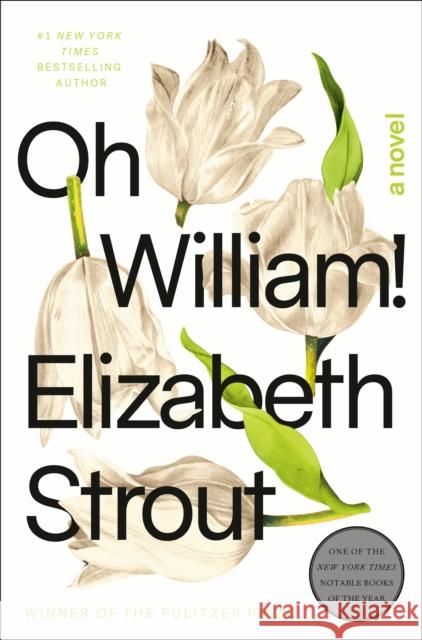Oh William! » książka
topmenu
Oh William!
ISBN-13: 9780812989434 / Angielski / Twarda / 2021 / 256 str.
Oh William!
ISBN-13: 9780812989434 / Angielski / Twarda / 2021 / 256 str.
cena 119,35 zł
(netto: 113,67 VAT: 5%)
Najniższa cena z 30 dni: 110,28 zł
(netto: 113,67 VAT: 5%)
Najniższa cena z 30 dni: 110,28 zł
Termin realizacji zamówienia:
ok. 30 dni roboczych.
ok. 30 dni roboczych.
Darmowa dostawa!
"Strout's iconic heroine Lucy Barton recounts her complex, tender relationship with William, her first husband--and longtime, on-again-off-again friend and confidante"--











